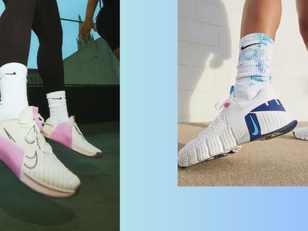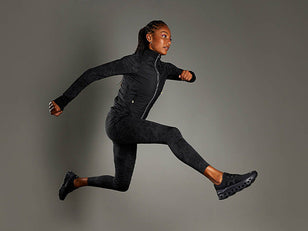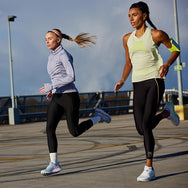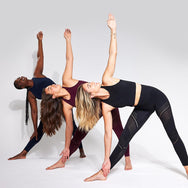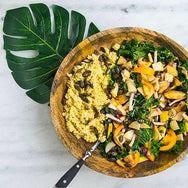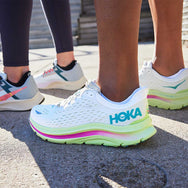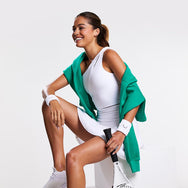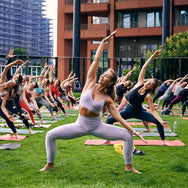By Linia Patel
Nutrition plays a pivotal role in supporting the training and competition demands of athletes – recreational or elite – in any sport. Good food choices help make sure you have enough energy, which in turn helps training and aids recovery. Here are four nutrition tips that will help you maximize your athletic performance.
- Mix up your menu: Eat a varied and well-balanced diet that supplies the right amount of energy and essential nutrients and feeds your gut flora.
- Fuel for your activity: Adjust your carbohydrate intake based on your level of activity.
- Refuel: If you are exercising intensely for 60 mins or for more than > 75 minutes start refuelling as soon as possible after exercise.
- Think fluid: Ensure you are well-hydrated by drinking throughout the day as well as before, during and after exercise, as appropriate.
Eat a wide range of food. Photo credit: Grill Market, located down the road from us in Lomax gym
Mix it up
Variety is the spice of life! Eating a wide range of food not only provides you with essential nutrients, but also encourages a more varied gut flora. A recent study from the British Journal of Nutrition showed that people with a higher diversity of gut microbiomes are more likely to be leaner and have a lower risk of diseases like diabetes. A simple way of ensuring that you have a good range of foods is to make sure there are least three or four different colours of food on your plate.
Fuel for your activity
No matter what your sport, carbohydrates are vital for the best performance. Exercising muscles rely on carbohydrate as their main source of fuel. However, the amount of carbohydrate you need will depends on your training programme and dietary goals. In general, the more intense the training programme, the more carbohydrate you will need to include in most of your meals and snacks.
A diet low in carbohydrate can lead to a lack of energy during exercise, early fatigue, loss of concentration and delayed recovery. However on the contrary, eating too much carbohydrate in relation to your level of activity will result in weight gain. If fat loss is your goal for example, it may be better to include low-glycaemic index carbohydrates (i.e. oats, wholegrain bread, brown rice, quinoa, butternut, sweet potato etc.) at breakfast and lunch but not at dinner. Dinner could be protein and vegetables.
Refuel
Carbohydrate is stored in muscles as glycogen. The body’s stores of glycogen are limited and need to be topped up each day (particularly if you are exercising at a high intensity each day or exercising for more than 1 hour each day). The best way to do this is to start replenishing your glycogen stores immediately after exercise. The most effective refuelling occurs within 0-30 minutes after exercise. Aim to consume a snack / drink that contains carbohydrate and protein in a 2-3:1 ratio.
Think Fluid
Good hydration is the cornerstone for good performance. There are a few simple yet effective ways of assessing hydration status such monitoring changes in urinating habits - urine colour, frequency and volume of your urine. If you are optimally hydrated you should be passing urine that is a pale straw colour (other than the first void of the day) and also passing about a pint of urine at each void. The choice of drink depends on intensity, duration of exercise and your training goals.
In general:
Low to moderate intensity exercise that lasts less than an hour i.e. when sweat losses are low = water
Moderate to hard sessions that last longer than an 1 hour i.e. when sweat losses are greater = isotonic sports drinks or a home-made sports drink (200ml squash [not low calorie], 800ml water and a large pinch of salt).
Interested in learning more from Linia about sports nutrition? Visit her website: www.liniapatel.com
















